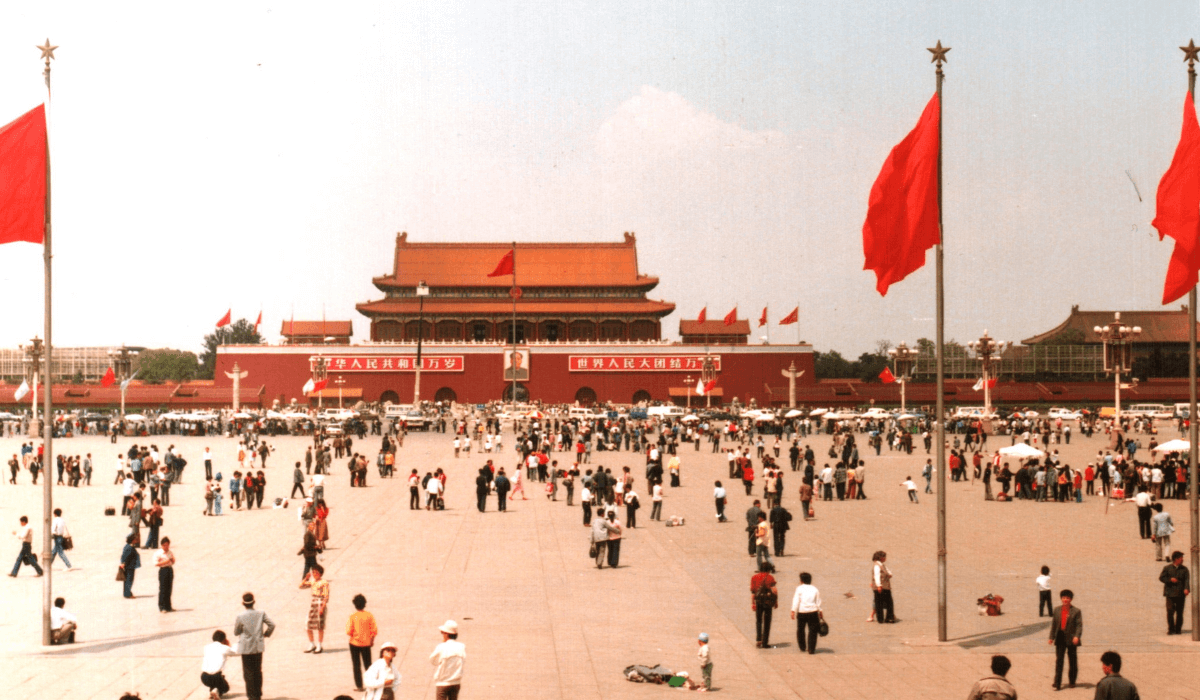October 1 marks the seventy-second anniversary of the creation of The People’s Republic of China (PRC). On that day in 1949, the Chinese Communist Party (C.C.P.) Chairman, Mao Zedong, claimed that in the PRC, war, corruption, and poverty would end, and equality, peace, and harmony would reign.
That’s not what happened—but you’d never know that from reading a Chinese history book.
During Mao’s twenty-seven years as chairman, the communist policies the C.C.P. unleashed led to the deadliest social and economic campaign in China’s history. The Great Leap Forward abolished most private property and turned over to government control all of China’s land and capital. Tools, buildings, farm animals, and even an individual’s labor were socialized. Food production collapsed.
It’s estimated that forty-two million people starved to death. For context, that’s the combined populations of Illinois, Pennsylvania, Michigan, and North Carolina. At least 2.5 million people were tortured or killed. The punishment for petty crimes, such as stealing a bit of grain or digging up a potato, was death. Mao intended to unify the party and country, but his brutality and unwillingness to compromise revealed his true colors. Power was the only thing that mattered.
In China today, the C.C.P. is censoring history. Mao is celebrated as a visionary, and the “official Party history” downplays his brutality to preserve the C.C.P.’s reputation. Such censorship clouds the truth wherever communism is tried. In China, North Korea, Cuba, Vietnam, and the U.S.S.R., totalitarian rulers collapsed the economy, disregarded basic human rights, and invaded private life. An honest look at the facts leads to only one conclusion: communism causes destruction.
We have the opportunity to avoid history’s greatest mistakes, and it starts with remembering them. If we ignore the past’s crucial lessons, it’s common sense that we’ll be doomed to repeat them.
Join us in learning from history. Download our curriculum modules at no cost here.

